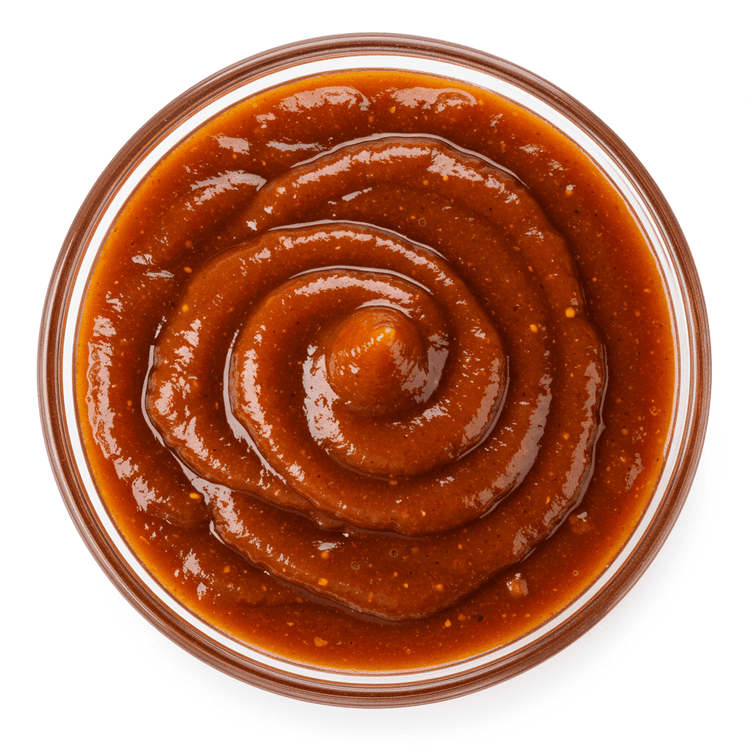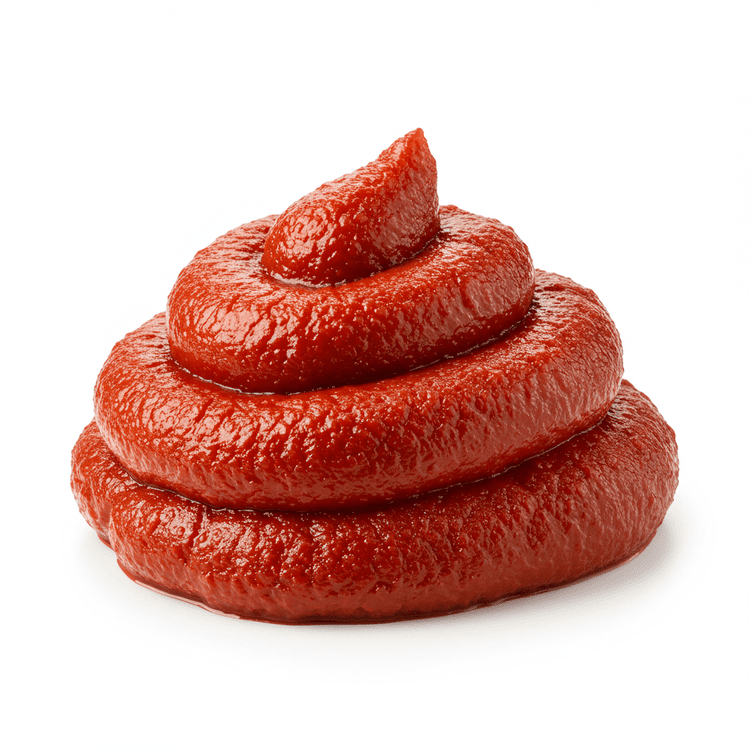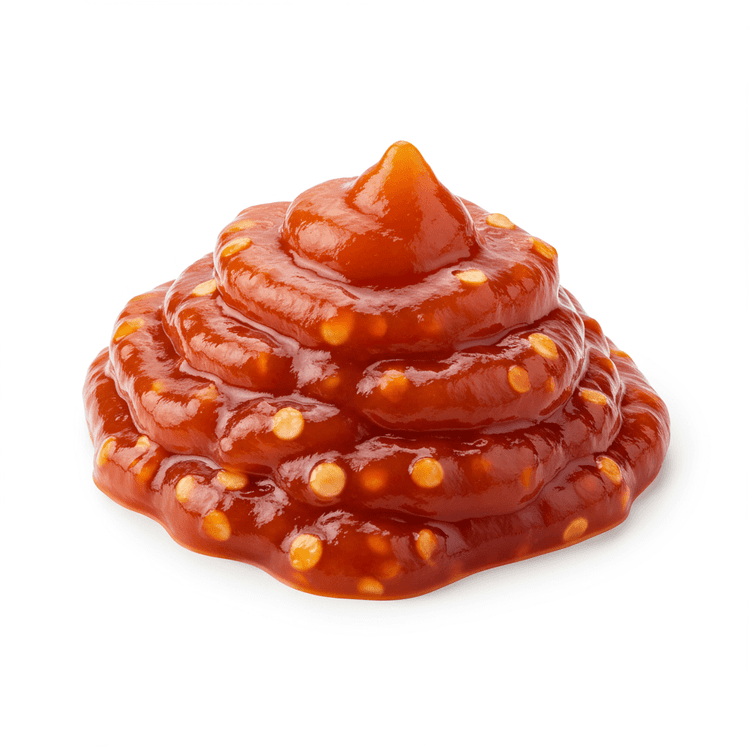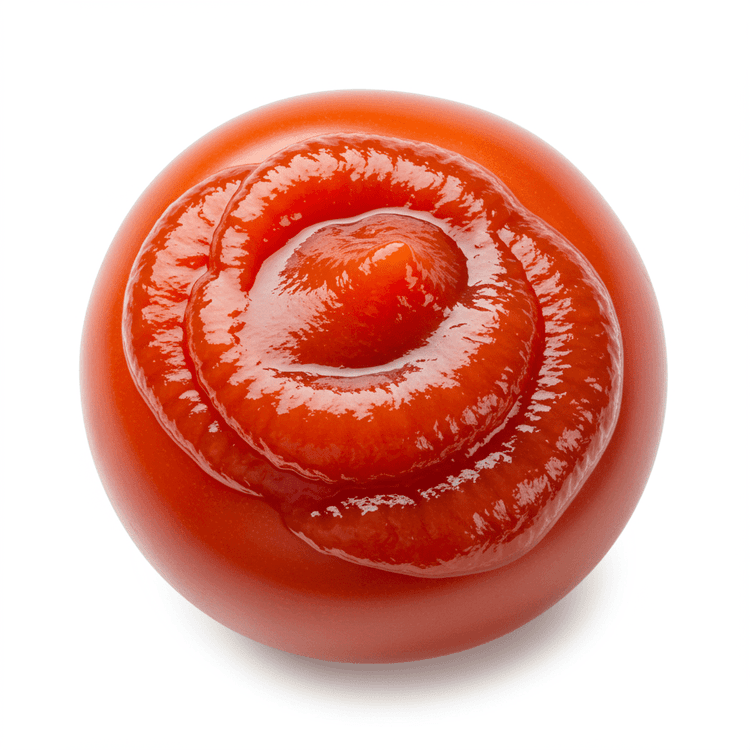
Enchilada Sauce
Enchilada sauce is a versatile, flavorful sauce used primarily in Mexican cuisine, most notably for enchiladas. It typically features a base of chili peppers (often ancho, guajillo, or New Mexico chiles), providing a rich, savory, and slightly smoky flavor. The sauce is often thickened with flour or cornstarch and seasoned with a blend of spices such as cumin, garlic, onion, and oregano. Available in both mild and spicy varieties, enchilada sauce can range in color from deep red to a lighter, rust-orange hue. Its smooth texture and balanced blend of spices make it a staple for creating authentic and delicious enchiladas, while also being a great ingredient in other dishes. Pre-made enchilada sauce is easily found in grocery stores, while homemade versions allow for greater control over the flavor profile and spice level.
Common Uses
- To prepare enchiladas, tortillas are dipped in warm enchilada sauce, filled with ingredients like cheese, meat, or vegetables, rolled, and then baked covered in more sauce and cheese. - Enchilada sauce is often used as a flavorful base for soups and stews, adding depth and a mild spiciness to the broth. - Enchilada sauce can be used as a braising liquid for meats like chicken, pork, or beef, creating a tender and flavorful dish. - You can easily make a quick and tasty breakfast burrito filling by mixing enchilada sauce with scrambled eggs and cheese. - Enchilada sauce can be incorporated into casseroles to add a Southwestern or Mexican-inspired flavor profile. - This versatile sauce works as a marinade for grilled meats or vegetables, infusing them with a rich, smoky, and slightly spicy flavor.
Nutrition (per serving)
Nutrition (per serving)
Calories
100.0kcal (5%)
Protein
1.0g (2%)
Carbs
12.0g (4.36%)
Sugars
5.0g (10%)
Healthy Fat
4.0g
Unhealthy Fat
0.5g
% Daily Value based on a 2000 calorie diet
Nutrition (per serving)
Calories
100.0kcal (5%)
Protein
1.0g (2%)
Carbs
12.0g (4.36%)
Sugars
5.0g (10%)
Healthy Fat
4.0g
Unhealthy Fat
0.5g
% Daily Value based on a 2000 calorie diet
Health Benefits
- Rich in antioxidants, especially if made with tomatoes and chili peppers, which may help protect against cell damage.
- May provide a source of vitamins A and C, important for immune function and skin health.
- Capsaicin in chili peppers may have anti-inflammatory properties and could potentially aid in pain relief.
- Can be a source of dietary fiber, contributing to digestive health, depending on the ingredients used.
- Some varieties may be low in calories and fat, making them a healthier choice for adding flavor to dishes.
Chefadora AI is here.
Experience smarter, stress-free cooking.
Storage Tips
Unopened enchilada sauce can typically be stored in a cool, dark pantry at room temperature until the expiration date. Once opened, transfer any unused sauce to an airtight container and refrigerate immediately. Properly refrigerated opened enchilada sauce will generally last for about 5-7 days. For longer storage, consider freezing the sauce in freezer-safe containers or bags; it can maintain good quality for up to 2-3 months. Be sure to leave some headspace in the container as the sauce will expand when frozen.
Marnirni-apinthi Building, Lot Fourteen,
North Terrace, Adelaide, South Australia, 5000
Australia





